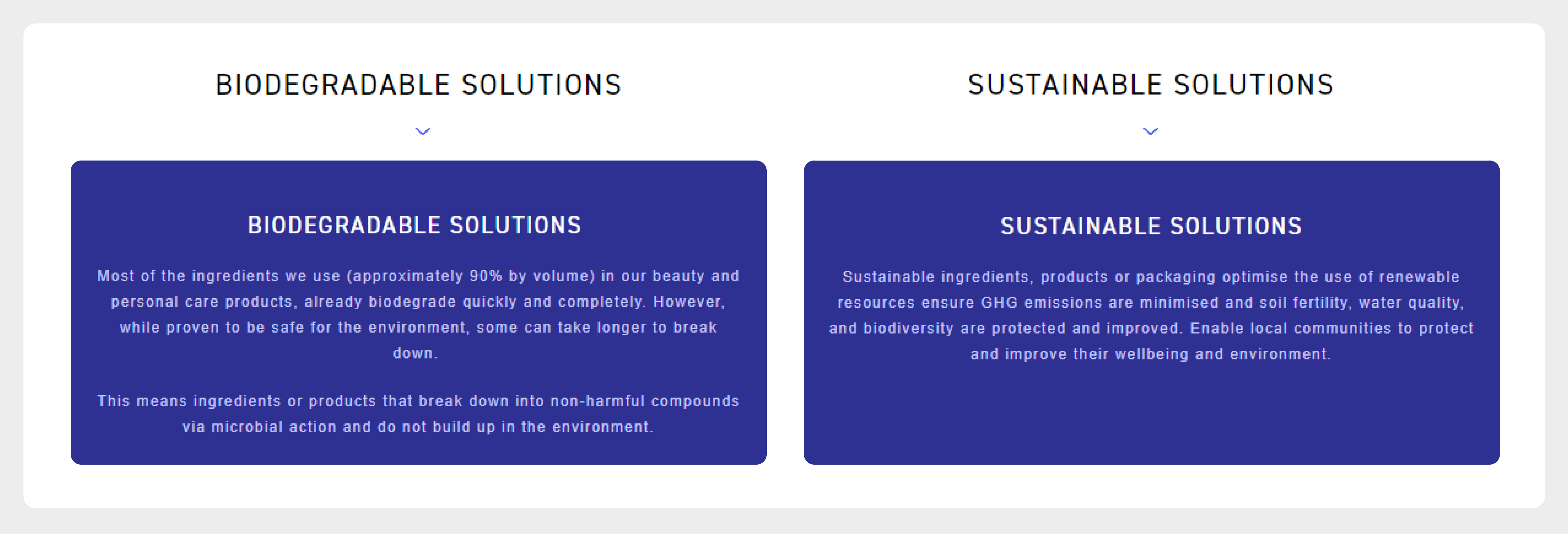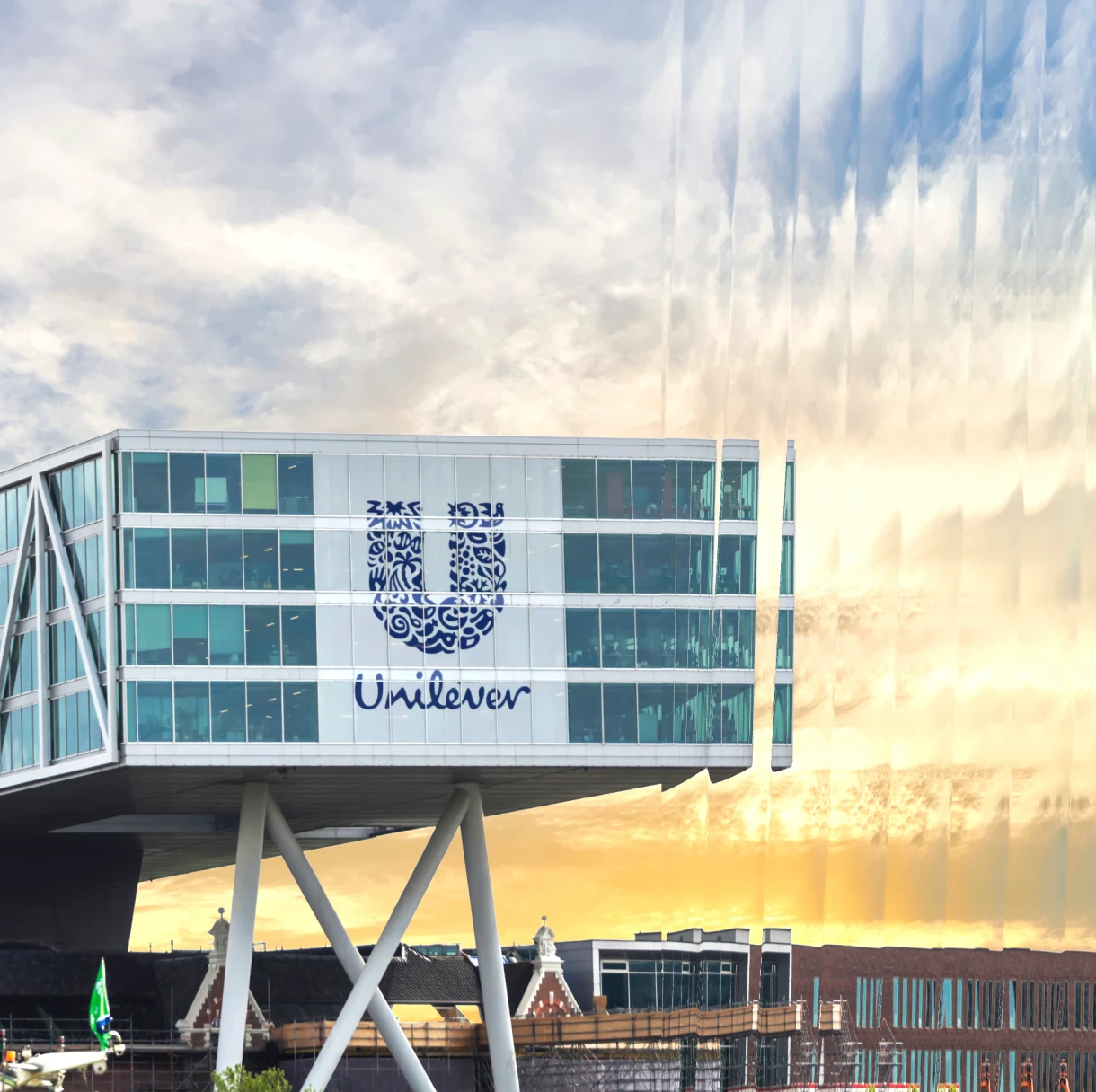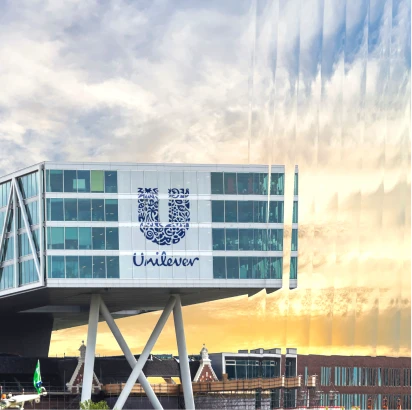Key takeaways
Between shifting consumer trends, the uncertain economy, new market entrants and stricter regulatory requirements, the last few years have been a whirlwind for consumer packaged goods companies (CPG). Established enterprise brands have been particularly affected, spurring a wave of sustainability and technology-focused initiatives aimed at future-proofing, retaining customers and breaking into new markets:
- Danone plans to cut methane emissions 30% by 2030
- Henkel is making its packaging recyclable, reusable, or compostable by 2025
- Patagonia plans to make its entire business carbon-neutral by 2025
These are pretty steep deadlines for global corporations that need to make huge systemic changes and overcome bureaucratic barriers to make these goals a reality. Their ace in the hole to speed up the process? Building their own corporate venturing arms to engage and collaborate with cutting-edge startups (e.g. Danone’s Manifesto Innovation Accelerator, Henkel’s Tech Ventures, Patagonia’s Tin Shed Ventures).
To give you a better idea of how these partnerships work in practice, let’s take a closer look at how Unilever’s The Unilever Foundry is partnering with cutting-edge startups using a pitch-pilot-partner approach to hit its growth, innovation and sustainability goals.
About Unilever
Founded in 1929 and headquartered in the UK, Unilever is one of the world's leading multinational consumer packaged goods (CPG) companies. Over 3.4 billion people across 190 countries use their products every day, with some of the most popular and beloved brands including names like Ben & Jerry's, Dove, Sunsilk and Knorr (among many others).
It has over 400 brands, structured into five categories:
- Beauty and well-being
- Personal care
- Home care
- Nutrition
- Ice Cream
With a revenue of over €60 billion in 2022 and 127,000 employees worldwide, Unlilever’s mission and values are perhaps best described by CEO, Alan Jope:
“Creating a stable of the world’s most purposeful brands, proving that sustainable business drives better performance, and being a beacon for diversity and inclusion – these are the things we want Unilever to be famous for.”
So how has this 94-year-old company remained at the forefront of its industry for so long? Short answer: Innovation. Over the years, Unilever has accumulated over 20,000 patents and is constantly improving its products with groundbreaking technologies. These are just some of the most recent examples.

Partnerships and open innovation are core parts of the Unilever strategy, with initiatives like Unilever Ventures (its venture capital arm) and The Unilever Foundry spearheading the effort.
Meet The Unilever Foundry
Established back in 2014, The Unilever Foundry is a global collaborative innovation platform that identifies and accelerates partnership opportunities with high-growth CPG startups. As described by its former Marketing Director and Head, Johnny Hammond:
“Unilever Foundry is a global platform allowing us to partner with the world’s best startups to achieve our goal of using collaboration and innovation to make sustainable living commonplace. We have a unique focus by taking established startups on the route to scale up using a pitch-pilot-partner approach to dramatically cut the time it takes to get a new initiative to market.”
You might describe The Unilever Foundry as an engine for new ideas, tapping into the external startup ecosystem to develop and scale ventures that can help strengthen and future-proof the parent company for years to come. Through this initiative, Unilever is building a culture of innovation, collaborating and partnering with cutting-edge startups to experiment with and scale pioneering technologies and business models.
The goal? To constantly make their brands better, more sustainable and more competitive. Some of The Unilever Foundry’s success stories include:
- A collaboration with Intervino enabling customers to make customised Marmite jars through a Facebook app.
- The launch of an AI-powered cooking assistant together with Digital Genius to help customers create recipes using Knorr products.
- A collaboration with Olapic to increase interest in Magnum with user-generated content.
- Partnered with Discuss.IO to get instant insights on specific target audiences through automation with access to on-demand interviews and even focus groups using webcams.
How The Unilever Foundry works
Startups are invited to pitch their concepts in segments like wellness, sustainability, enterprise tech, personalisation and D2C (to name a few), enter a pilot program with one of Unilever’s 400+ brands and potentially form a long-term partnership with the brand. As explained by former Head of Unilever Foundry, Jonathan Hammond:
“We scout for innovative tech and startups, then we pilot to get to an MVP and try to get to market as quickly as possible. This removes a layer of bureaucracy traditional corporates have and really allows us to experience how the startup ecosystem works. It is a win-win relationship for both.”
The pitch-pilot-partner approach enables both startups and Unilever to benefit from working together by bringing together the best of two worlds:
- The agility and nimbleness of startups
- The assets, capabilities and expert mentoring of a global player like Unilever
Focus areas include commercial partnerships, marketing partnerships, brand licensing, new product development and joint ventures - a strategy that is clearly paying off:

What makes Unilever Foundry successful?
These are just a few of the factors that make The Unilever Foundry a success:
A proven pitch-pilot-partner approach
The approach has been perfected over the years, enabling The Unilever Foundry to more effectively choose partners that lead to successful long-term collaborations. Pilots enable each venture to start small and make iterations that will lead to a successful scale.
Autonomy
Corporate processes and bureaucracy often impede the innovative process, blocking disruptive ideas from getting developed and slowing the process with too many regulations. The Unilever Foundry provides a separate space to develop ideas free of typical corporate setbacks.
Corporate assets
New ventures developed at The Unilever foundry enable Unilever to effectively leverage corporate assets like partnerships, networks, infrastructure, industry know-how and funding.
Open innovation
By opening itself up to different collaborations outside its walls, with partners across markets and growth segments, The Unilever Foundry is fueling growth and innovation.
What’s next for The Unilever Foundry?
It’s been 9 years since The Unilever Foundry was founded, and it’s still going strong in its commitment to foster groundbreaking innovations through partnerships, most recently with a focus on sustainability. Its latest endeavour? A biodegradable cosmetics and packaging challenge.
The challenge is an open call to startups, scaleups and academic research institutes to collaboratively explore and develop more sustainable and planet-positive beauty and packaging solutions in the following categories:

By championing initiatives like these, The Unilever Foundry continues to open doors for collaboration and innovation, ensuring its position at the forefront of sustainable business growth through partnerships.
—
Looking to expand beyond your core, access game-changing startups, and boost your entrepreneurial capabilities? We can help you build your own corporate accelerator, leveraging your unique assets to hit your growth goals fast.
20 sustainable corporate venture examples.
The new business models rewriting our future.











.svg)



